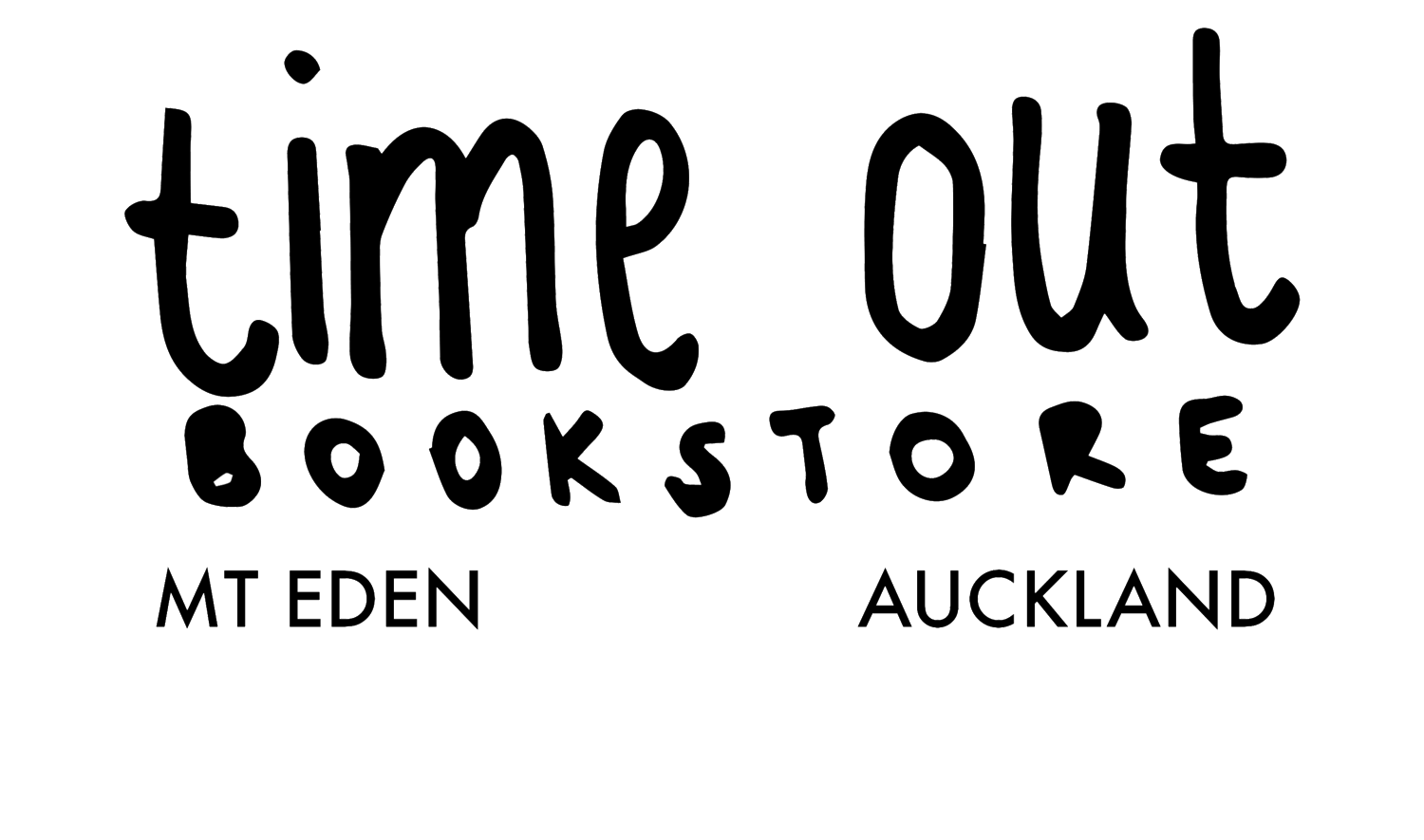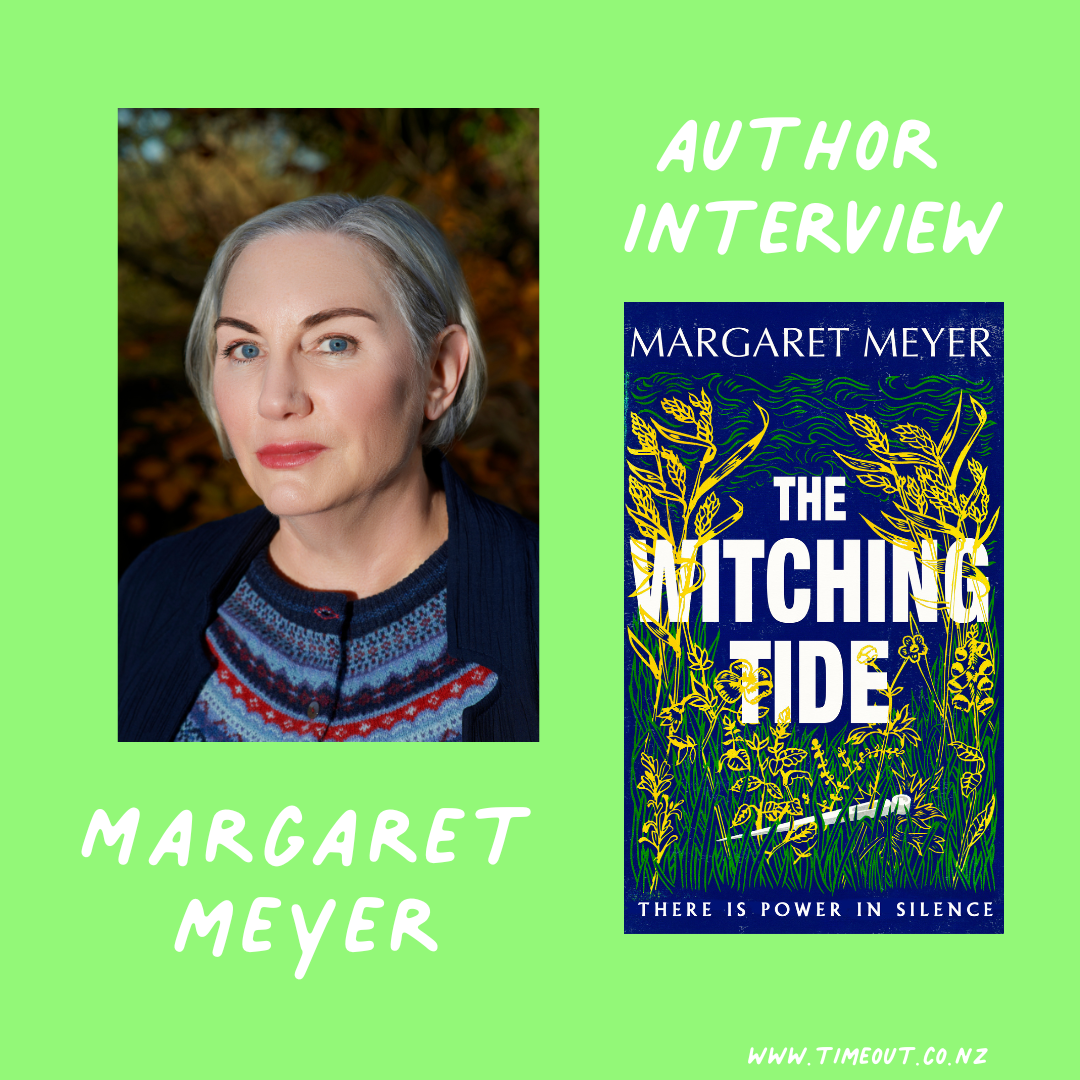Hollie spoke to Margaret Meyer about her debut novel The Witching Tide. An immersive literary debut inspired by historical events—a deadly witch hunt in 17th-century England—that claimed many innocent lives.
Where did the idea for The Witching Tide come from?
The idea grew from a visit to a local museum in Aldeburgh, a picturesque seaside town in Suffolk. I already knew of the 1645‒7 East Anglian witch-hunt, but in the museum, I discovered that self-styled witch-hunter Matthew Hopkins had visited the town in winter 1646 to purge it of its witches. As a result, seven innocent women were hanged. Later, when I started my research, I was deeply saddened to find that only two of the seven accused women were named in the historical record. The loss of their lives was bad enough, but it seemed to me that their namelessness effectively obliterated them from history. So, I resolved to write something to commemorate them.
What research was involved in the writing of the book?
A lot! I started by reading around UK witch-hunting and of course this particular hunt, which was England’s deadliest, in some detail. I did some primary research, looking at 17th -century records, although lockdown brought this to a halt. The rest of my research I had to do through secondary sources and online. Because the landscape is important in the book – almost a character in its own right – I read widely about the history of the Suffolk and Norfolk coast, as well as its flora and fauna. My main character, Martha, is a midwife and ‘herb woman’, so it was necessary, and also a great pleasure, to read about the different plants in Martha’s physick garden and how they would have been used. For this part of the research, I turned to wonderful source, The Midwives Book, published in 1671 by a midwife, Jane Sharp. Her book gives such an insight into women’s lives at that time. Its pages contain a wealth of information about plants and humoral medicine. I grew to absolutely love this book and eventually bought my own copy.
Why do you think people are so fascinated by witches?
Over the last few years there’s been noticeable momentum towards writing women back into ‘the narrative’, whether historical or mythological. I’m thinking, for example, of Pat Barker’s The Silence of the Girls or Naomi Wood’s Mrs Hemingway. Both books are engaged with rounding out the record by prioritising women’s experiences and perspectives. Witches and the hunting of them are rich seams to mine. The witch is one of those archetypes that simply won’t lie down. In our psyches and our cultures she occupies a unique position: on the one hand relegated to the margin, yet still able to exert influence. In past times the figure of the witch has been an affront to patriarchal norms, an epitome of subversion. In more recent depictions it’s her attributes that are explored ‒ her disruptive capacities, her different kinds of power.
Do you have a favourite witch in pop culture and why?
I don’t have a favourite, but a fantasy project of mine would be to somehow interview famous witches from history and mythology. I’d love to talk to the Witch of Endor, Circe, some of the African witch-deities and Macbeth’s three witch sisters, to find out their back stories as well as what they’re like as people.
What is your writing routine?
I aim to write for up to 4 hours each day, preferably in the morning, but I don’t really mind the time of day. Then I’ll do another 1‒2 hours of research (my next novel is also historical fiction), admin or responding to publicity enquiries. Around this I fit in walking my dog, Polly the standard poodle, as well as workouts in the gym.
What’s a book you always recommended to people?
Hilary Mantel’s Beyond Black, about a touring psychic medium and her assistant. It’s less well known than some of Mantel’s other novels but is arguably her wittiest. I read it every year.
What is your favourite snack to enjoy while writing?
Great question! I do like a good muffin and most weeks will make a batch. The family favourite is courgette and banana. I now double the recipe because – unless I manage to hide some of them in the freezer – they disappear very fast.

